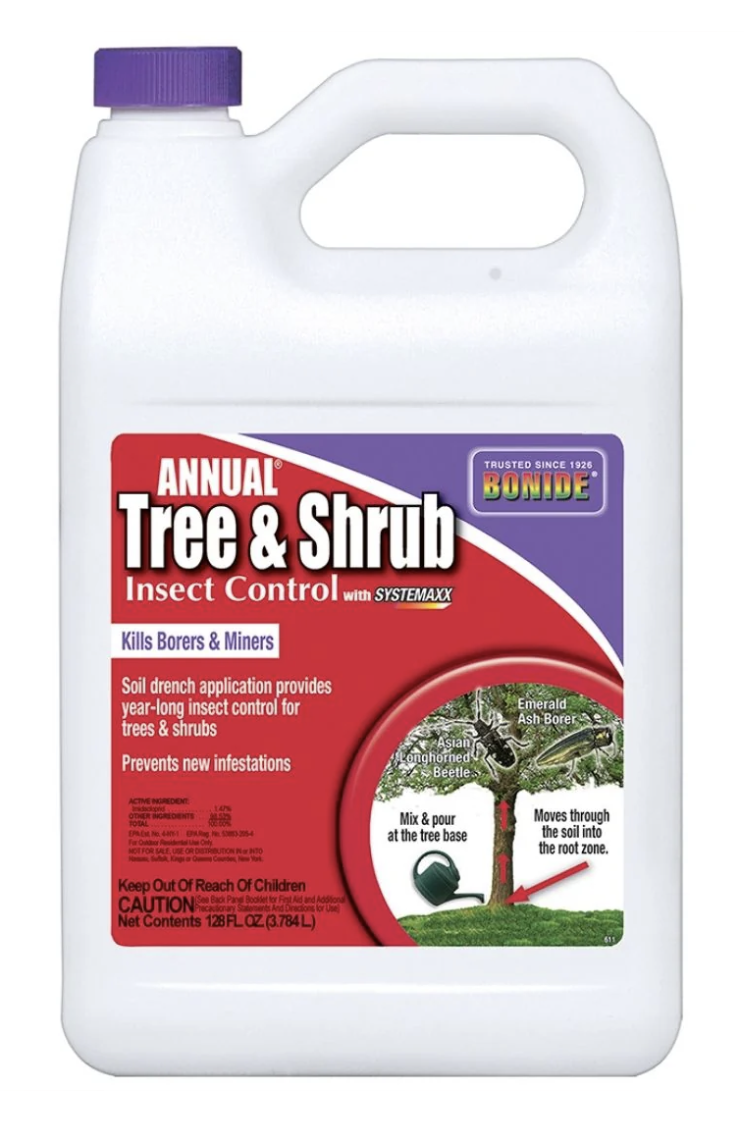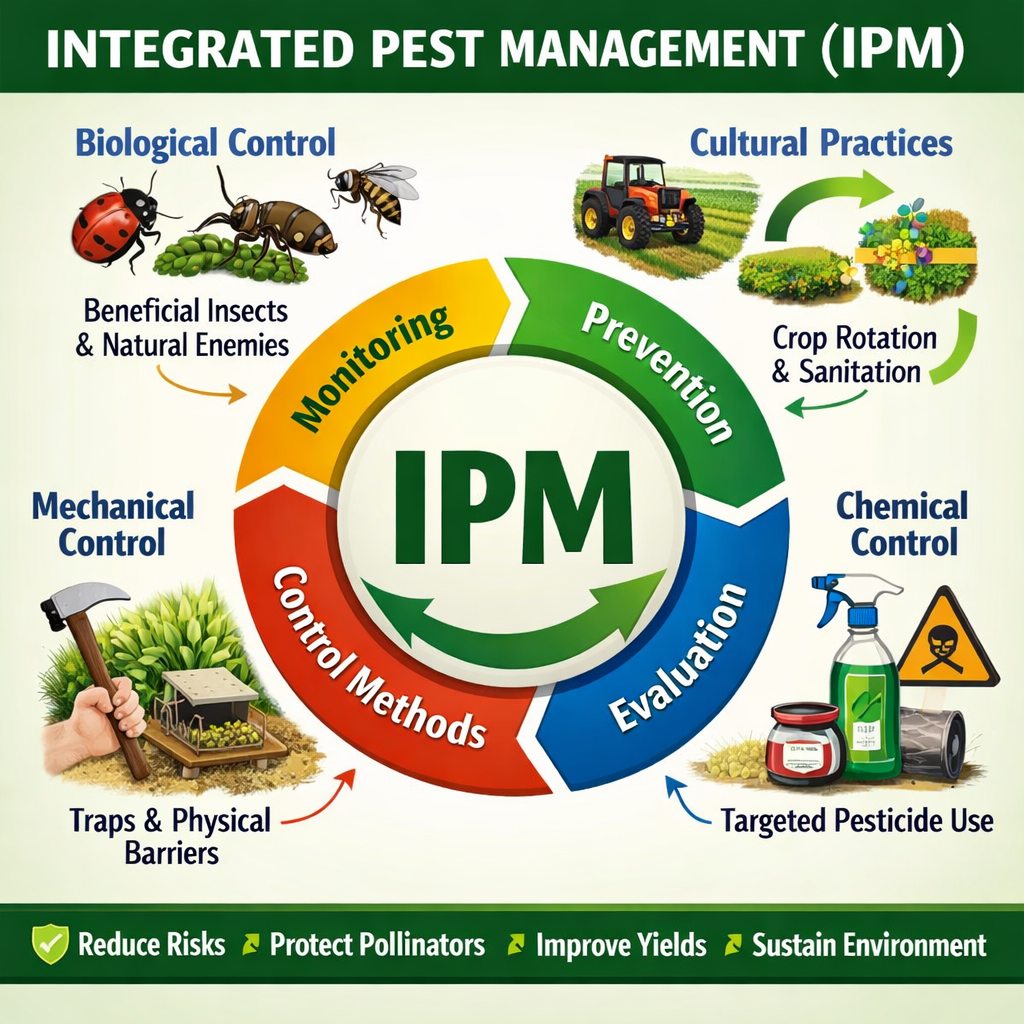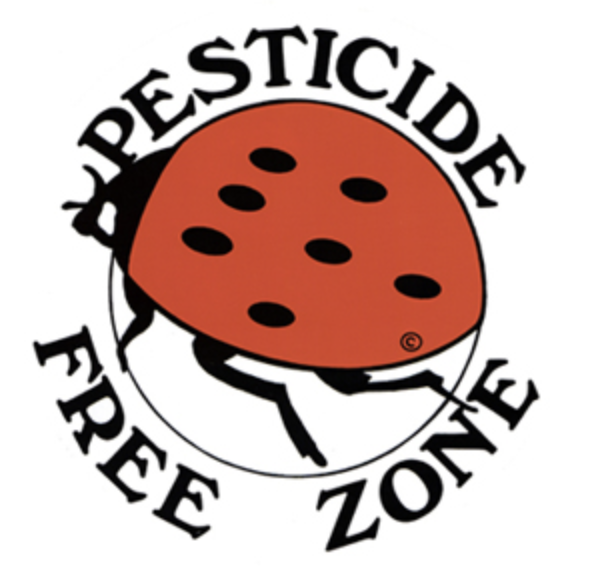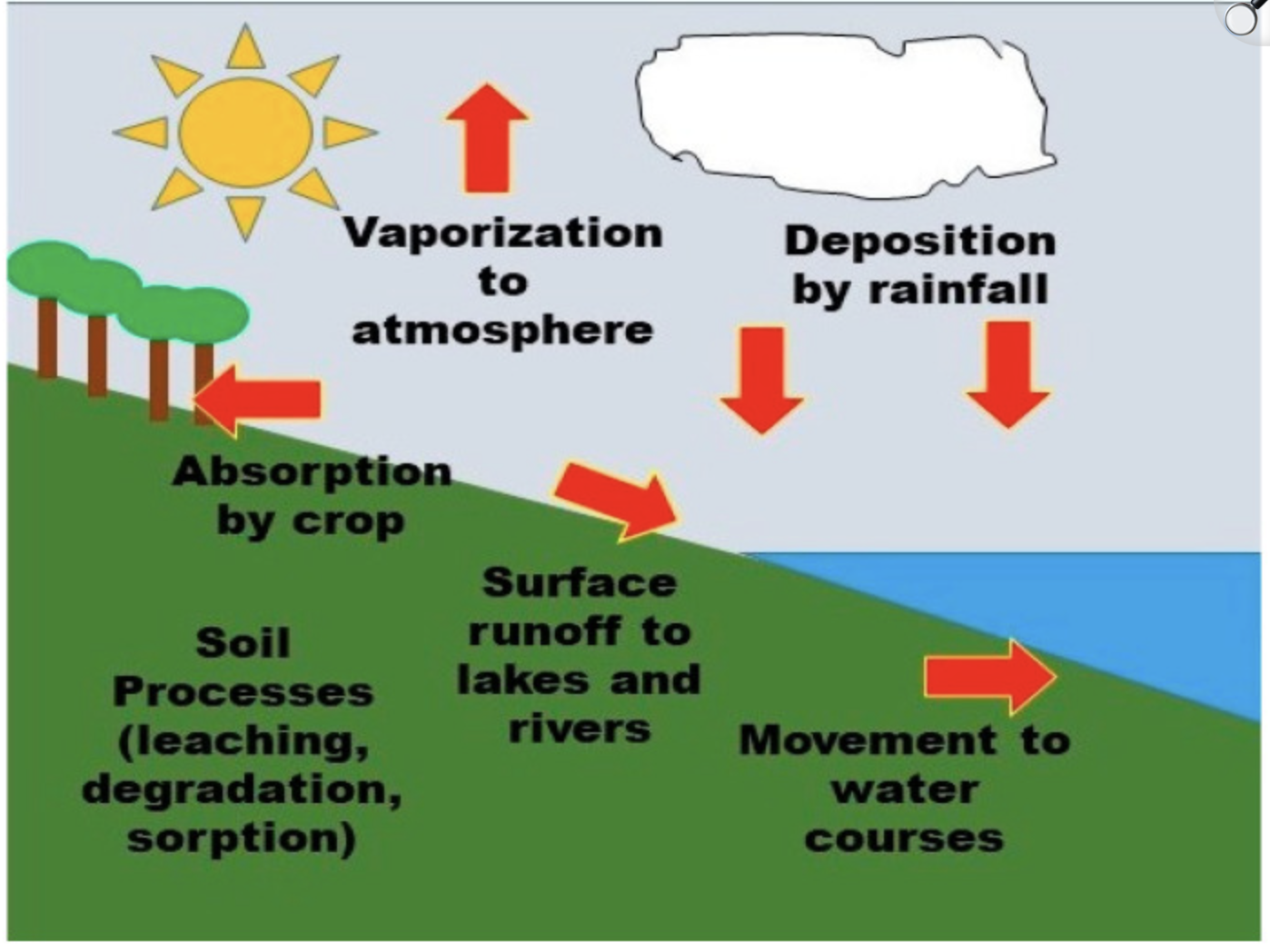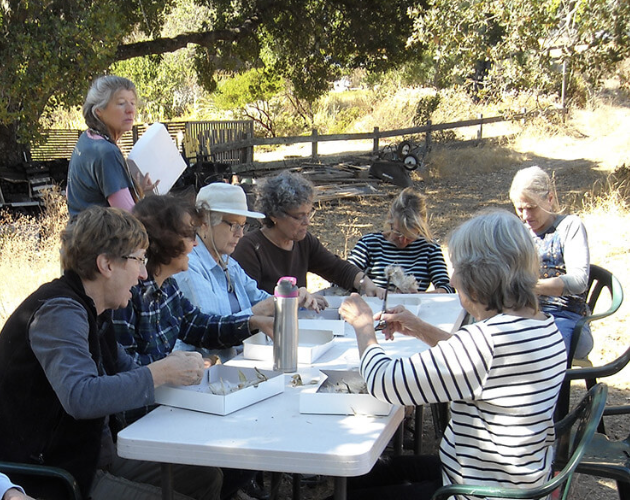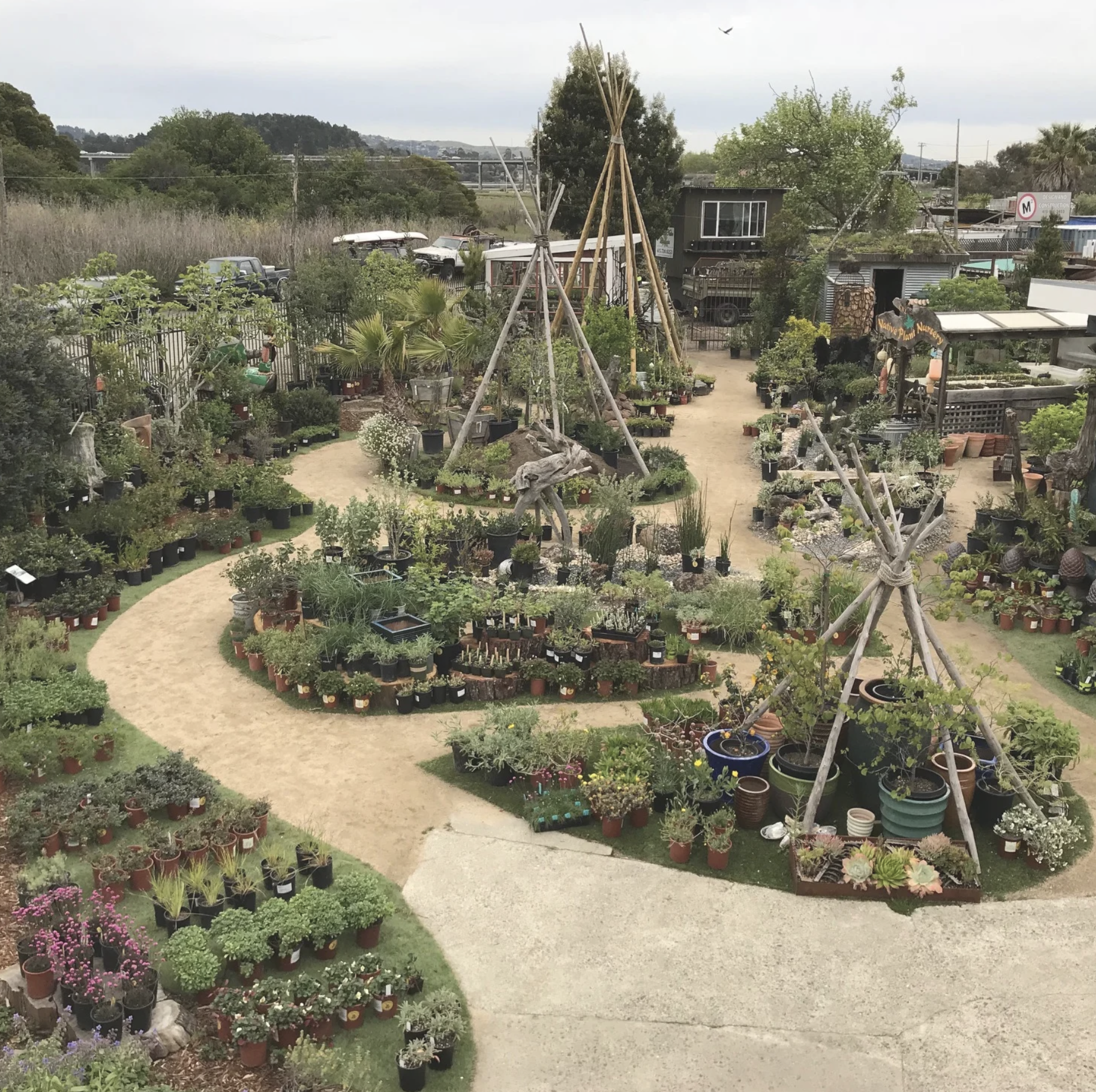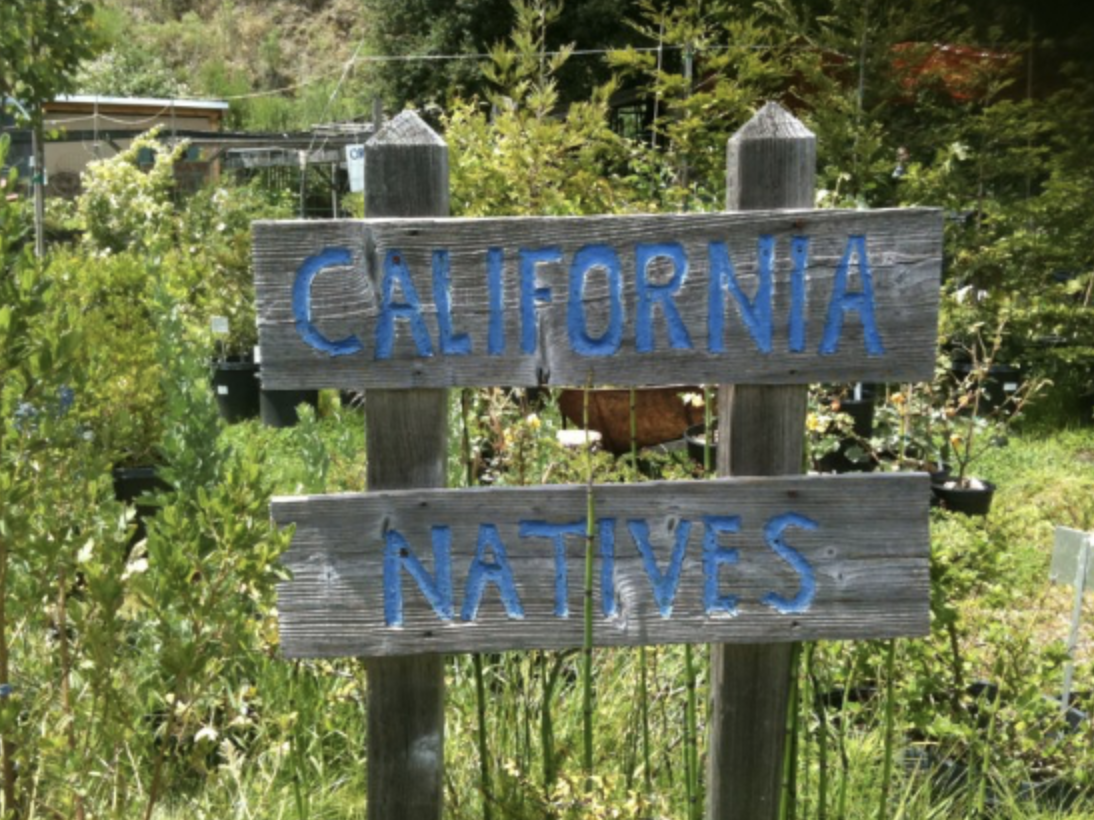Threats to Monarchs from Pesticides
Pesticides present a serious existential threat not only to monarchs and other beneficial insects but many other animals, including humans. There are three primary categoriesof pesticides: insecticides, pesticides, and fungicides.
Of these, insecticides and pesticides are the most pernicious.
Insecticides kill insects by attacking their nervous system, hormones, or protective coating. Some natural insecticides, such as neem oil, can be harmful to monarchs. Others, like kaolin clay, are unlikely to cause harm.
However, many chemical (synthetic) insecticides are highly toxic to monarch butterflies, particularly the class of neonicotinoid insecticides (AKA neonics).
One of the most toxic neonicotoinoids is imidacloprid. From 1999 to 2018, imidacloprid was the most widely used insecticide in the world. It has been banned for all outdoor use in the European Union since 2018. It still has partial approval in the United States even though the EPA has concluded that it likely adversely affects 79% of federally endangered or threatened species. And it remains in widespread use in other major parts of the world.
It can be applied by soil or tree injection, application to the surface of a plant, ground application as as a liquid or powder, or as a pesticide-coated seed treatment.
It is widely used in agriculture to control a variety of insects in fields, homes, and gardens, including termites, carpenter ants, cockroaches, and aphids. It is also used to to treat pets for fleas.
Research indicates that imidacloprid is moderately to highly toxic to monarchs, bees, and other insects insects as well as to birds and mammals. Research conducted with dogs suggests that a 30 pound dog has a 50% of being killed after consuming .20 ounce of this chemical. In humans the effects of short-term exposure include headache, dizziness, nausea, and fatigue. Higher doses are associated with confusion, difficulty breathing, and low blood pressure.
Imidacloprid is particularly dangerous because it is water soluble and can persist in ground water for extended periods. Because it is highly likely to run off into surface water and leach into ground water, the EPA warns not to apply it in areas where the soil is permeable, particularly where the water table is shallow.
In addition, neonics like imidacloprid harm monarchs indirectly by contaminating the milkweed close to agricultural fields where they have been sprayed.
These and other brands of insecticide containing imidacloprid are readily available in nurseries and big box stores throughout the US.
Herbicides are substances used to control weeds. Selective herbicides target specific weed species, leaving other plants relatively unharmed. Non-selective herbicides (sometimes called “total weed killers”) kill plants indiscriminately.
After centuries of using cultural controls such as altering plant fertility levels, farmers and gardeners began using inorganic chemicals like arsenic or copper salts to control weeds, but these generally provide relatively ineffective at controlling weeds.
The first chemical herbicide 2,4-D (dichlorophenoxyacetic acid) was developed in 1941, and commercially released in 1946. It was quickly adopted throughout the world due to its effective ability to kill weeds without damaging grasses. In the 1960s, another popular herbicide, glyphosate, was prepared and was marketed as Roundup in 1971.
Evidence of harmful effects of these herbicides on human health have been mounting over the past several decades. For example, research links 2,4-D to non-Hodgkins lymphoma and sarcoma, and the International Agency of Research on Cancer declared it a possible human carcinogen in 2015. Glyphosate is potentially even more harmful to human health.
Most herbicides are applied as water-based sprays. They attack the roots and leaves of weeds by making the unwanted plant’s cells grow out of control.
So how do herbicides affect insects like the monarch butterfly? They do this by killing milkweed, the only plant on which monarchs lay their eggs and on which monarch caterpillars feed. Milkweed used by be found scattered throughout agricultural fields in the Midwest, with monarchs often laying more eggs on milkweed within farm fields than outside them. In the 1990s, glyphosate use skyrocketed within the agricultural sector, virtually eliminating milkweed from fields.
Over time, glyphosate began to lose its effectiveness as some weeds developed a resistance to it. A combination of 2-4, D and glyphosate was subsequently developed, leading to the production of even more toxic products such as Dow Chemical’s Enlist Duo (now owned by Corteva).
However, in February of 2026, following years of litigation by the Center for Food Safety and other organizations, Corteva has announced plans to cancel the production of Enlist duo. The same month, the White House announced a presidential order to promote an “adequate supply of elemental phosphorus and glyphosate-based herbicides.”
Controversy surrounding glyphosate heated up in February of 2026.
What is Integrated Pest Management (IPM)?
The basic IPM approach is to prevent pests and the damage they cause by managing the ecosystem. For example, grow a healthy crop that can resist pest attacks or using disease-resistant plants. This involves looking at the environmental conditions that affect the pest’s ability to thrive and then creating conditions that are unfavorable for it.
Monitoring the site is also important. By identifying pests and note the damage they have caused, it is possible to discern how much of a problem a pest poses.
When harmful pests are observed, develop a a combination of management approaches to reduce their numbers:
biological control (e.g., beneficial insects and natural enemies)
cultural control (e.g., crop rotation)
physical control (e.g., traps)
Use chemical control (targeted pesticide use) only as a last resort.
A Very Brief History of Pest Management
For thousands of years, human used natural substances such as sulphur to kill insects attacking their crops. Then in the 1940s chemical pesticides -- also called synthetic pesticides – were developed and became widely used on agricultural crops.
Harmful to a wide array of plants and animals other than the target species, synthetic pesticides are also known for their persistence, often lingering in soil, water, and living organisms for decades.
Concerns about the harmful effects of synthetic pesticides arose shortly after their development. These concerns were articulated in a landmark publication in October 1959 issue of the agricultural science journal Hilgardia, published by the UC Division of Agriculture and Natural Resources. The 20-page paper clearly and concisely described the consequences of pesticide overuse and detailed their vision of a sustainable pest control system. Based on ideas presented in this paper, scientists developed an approach called “supervised insect control.” This approach advocated supporting natural-enemy populations in an area and using synthetic pesticides only as a last resort.
Throughout the 1960s, this approach was further refined, resulting in Integrated Pest Management (IPM), an approach that is still widely used in many agricultural and open spaces as well as in urban areas.
One excellent source of information about pesticides is the Beyond Pesticides website. Highly recommended!
Two individuals, Ray Smith and Perry Addison are generally credited as leaders in the development of the Integrated Pest Management approach. A co-author of the Hilgardia article mentioned above, Smith joined the faculty at UC Berkeley in 1941. In 1972 he became associate project director of the Huffaker Project which coordinated IPM research projects across 18 universities in the US. Perry L. Adkisson, a professor at Texas A&M University, was his close associate on the Huffaker Project.
Smith and Adkisson were awarded the World Food Prize in 1997 for their achievements in implementing IPM in the US and in developing countries.
Rachel Carson’s work was hugely influential in bringing concerns about synthetic pesticides to the general public. A marine biologist and writer, she was able to communicate scientific information in clear and compelling articles and books read by the general public as well as specialists. Her most influential book was Silent Spring, published in 1962. Her work was highly praised by the scientific community, but she nevertheless sustained strong attacks by the chemical industry, whose representatives challenged her research and mocked her as a “bird and bunny lover.” However, her position found favor in the US government, and in 1963 John F. Kennedy’s Science Advisory Committee issued a report backing Carson’s scientific claims. Carson is widely credited as one of the chief inspirations behind the environmental movement in the US.
Is IPM used in Marin Open Spaces?
Areas in Marin that are managed by the federal government adhere to the IPM approach. IPM is cited as a governing principle within the Golden Gate National Recreation Area and Point Reyes National Seashore, for example. Herbicides are used as little as possible, mostly for removing invasive non-native plants. Similarly, insecticides are rarely used and typically involve only targeted approaches such as wasp sprays in public access areas.
Marin County has also endorsed the IPM approach. Marin is a strong advocate of IPM. The IPM Commission is charged with overseeing implementation of the Marin County IPM policy as well as planning, advising and making recommendations to the IPM Coordinator and Board of Supervisors. Read more about the IPM Commission, and learn about the Marin Monarch Working Group’s selection as the County’s 2024 IPM Award winner. This website by Our Water Our World also offers helpful ideas for controlling pests using natural methods.
What about IPM in Marin’s Cities and Towns?
Within Marin, each city or town controls its own pest-management policies in its buildings, parks, and roadside spaces. The city with the strongest anti-pesticide policies is Fairfax, which prohibits the use of all synthetic pesticides in parks, open space parcels, public rights-or-way, and town owned and maintained buildings.
Fairfax is an IPM pioneer. In 2001, the town council approved an ordinance — authored by council member Frank Egger — that required property owners to notify their neighbors prior to using herbicides and pesticides. This ordinance, the first of its kind in California, was intended to protect residents from chemical sprays that can drift downwind, linger in the soil and migrate via surface-water runoff.
Other towns that have banned some lethal pesticides such as glyphosate include Novato, San Rafael, Larkspur, and Mill Valley.
IPM is supported in national and county open space areas.
Fairfax council member Frank Egger in 2001.
Pesticide Free Zone is an active and effective local organization focused on reducing the use of pesticides throughout the county. Established in 1997, and then known as Marin Beyond Pesticides Coalition, the group included 44 Marin organizations and businesses working to change the way people view the use of pesticides. The group’s first objective was to work with the County to reduce the use of pesticides in public spaces and implement an integrated pest management (IPM) strategy. That goal was realized in December 1998 when the Marin County Board of Supervisors passed the IPM Ordinance, which was subsequently revised and adopted in 2010.
The group is currently focused on encouraging the use of IPM in home and school gardens.
IPM in Agricultural Spaces
NOTE: This Section is under construction!
Nation-wide, the overwhelming majority of pesticides are used in agriculture, which includes crop cultivation and livestock (beef and dairy) production. Non-agricultural uses of pesticides, including domestic and industrial applications, represent only 10-15 percent of the global market by value.
State and County roles regarding synthetic pesticides on ag lands
Marin County does not have a general ban prohibiting the use of synthetic pesticides on private agricultural lands as part of its county regulations.
The Marin County Dept of Agriculture, Weights & Measures enforces pesticide use to ensure that California-approved pesticides are used safely and that commercial applicators are trained, licensed, and compliant with state and federal laws.
Marin County’s role is enforcement and oversight, not outright prohibition. The County Ag Commissioner has authority to inspect storage and applications, ensure proper licensing, and investigate complaints.
What this Dept is enforcing are standards and allowable products specified by the California Department of Pesticide Regulation (CDPR)
The principles of IPM guide county departments but do not prohibit synthetic pesticides on private agricultural lands. For example, the county has reduced glyphosate use on county landscapes, but this applies to public property management, not a ban on agricultural pesticides by private farmers.
ORGANIC FARMING
According to the 2022 US Census of Agriculture county profile, 46 of the 255 farms (18%) in Marin reported farming organically. This includes 51,000 acres (2022), including pasture, rangeland, cropland, and other organic uses. But there aren’t stats on the breakdown. However, most of Marin’s ag land is dominated by pasture and grazing land, and Main ag is heavily weighted toward dairy and beef production much of which is organic. So likely that a lot of the organic acreage in the county is pasture/rangeland for grazing. In contrast, because of the coastal soils and hillsides, Marin’s land is less suited to cultivated row crops.
Organic means that the farm met the USDA’s definition of organic operation. This means no prohibited synthetic pesticides or fertilizers for at least 3 years, use of approved organic practices, detailed record keeping, and annual inspections. Organic practices include maintaining soil health, engaging in crop rotation, supporting biodiversity, following manure/compost rules, and managing pests without prohibited chemicals.
While this is a relatively small percentage, it is more than in many other counties.
The most common pesticides reported on Marin farm land include:
glyphosate — herbicide used to control weeds on crop land, pasture edges and around agricultural infrastructure; among the most widely used herbicides nationally, and in California agriculture generally.
Aminopyralid (broadleaf weed control) — used to control problematic weeds in pasture and grazing areas
Clopyralid — same as aminopyralid
What kind of involvement does MALT have in pesticide use?
MALT does not ban or specify pesticide policies, but their stewardship work supports sustainable land management that implicitly aligns with ecological health goals, which includes soil and water quality — issues that can be affected by pesticide practices.
MALT’s conservation easements remain privately owned and the landowners retain rights to farm the land, including decisions about production practices. So they don’t micromanage unless a specific easement has unique, negotiated restrictions.
Indirect effects of ag pesticides on non-ag spaces
Effects of pesticides used in agricultural settings are felt in wild and urban spaces as well. Pesticides can be absorbed into the soil where they may move below the surface into creeks, wetlands and riparian habitats. They can also run off the soil surfaces, ending up in storm drains connected to urban areas and waterways in wild areas. Some pesticides bind to soil particles and move downslope into wetlands. And they can drift as dust particles or tiny droplets into neighboring habitats. Look at the Marin Countywide Stormwater Pollution Prevention Program website for more information about pesticides in Marin’s waterways.
Effects of ag pesticides on monarchs
Even though Monarch butterflies do not typically congregate in agricultural spaces, they are nevertheless vulnerable to the poisonous effects of inappropriate use of pesticides in these areas. As noted pesticides applied in agricultural spaces can easily move into wild areas and home gardens. Recent research has demonstrated the presence of a variety of pesticides on milkweed in urban, wild, and agricultural spaces in Northern California.
For example, in a study conducted in the Central Valley of California researchers collected milkweed from 19 sites representing different land use types and tested for the presence of one or more pesticides on every plant. The sampling occurred during June, when monarch larvae were likely to be present on the milkweed. They found a variety of pesticides on every sample, even at sites with little or no direct pesticide use. Pesticides were detected on every land type, and at least some of the contaminants from the agricultural field had spread to the home gardens and wild areas. The authors conclude that their findings support the idea that pesticide exposure from agriculture could be a contributing factor to Western monarch declines, even though monarchs were rarely found on agricultural lands.
Which Marin Nurseries Practice IPM?
Adherence to IPM varies significantly from one nursery to another. The highest adherence can be found in local nurseries that are devoted exclusively to native plants and that have certifications or sustainability programs.
The following are some of the nurseries in Marin that focus on California native plants and neither use pesticides on their stock nor advocate its use for purchased plants.
Home Ground Habitats: 1875 Indian Valley Road, Novato
California Native Plant Nursery: 254 Shoreline Hwy, Mill Valley
O’Donnell’s Fairfax Nursery: 1700 Sir Francis Drake Blvd, Fairfax
Most other independent retail nurseries and conventional garden centers are likely to use parts of IPM but may not always have a firm policy of using chemical pesticides as a last resort.



